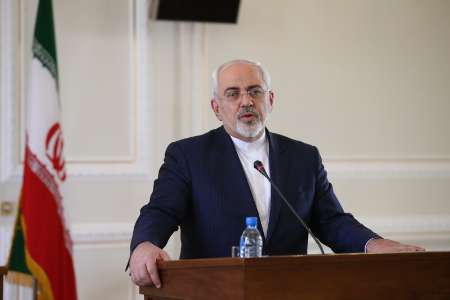'First they denied it happened—then they blamed Iran. When it was clear it was their own ally, using their own chemical weapons, they were silent. The West may like to forget about horrors of Halabja & Sardasht—31 years ago today—but neither we, nor our Kurdish brethren, ever will,' Mohammad Javad Zarif tweeted on Saturday.
On March 16, 1988 Saddam conducted chemical attacks, martyring more than 5,000 citizens and injuring more than 10,000 others in Halabja.
Tens of thousands Halabja citizens were forced to flee to camps on borders with Iran to get immune of the deadly attacks and more than 70 families lost their children in the movements.
Earlier, Director-General of the Organization for the Prohibition of Chemical Weapons (OPCW) Fernando Arias in a statement noted 'this terrible event remains the most lethal use of chemical weapons against a civilian population in history. The attack left a legacy of pain and suffering for the survivors, their families, and their community.'
'Today, we commemorate this tragic event with respect for its victims, as well as a renewed commitment to ensuring such tragedies are never repeated,' Arias reiterated.
Earlier surprisingly, a victim of Iraqi Saddam Hussein's chemical bombardment on Halabja, who sought refuge in Iran at the age of seven and grew up in an Iranian family, will return to Iraq in a ceremony on Tuesday to be reunited with his family after 31 years.
Head of the Halabja Chemical Weapons Victims Society Luqman Abdulqader said after three decades of announcement that he was dead in action, the Halabja resident was identified on a DNA test that he belonged to a Kurdish family in Erbil.
9376**2050
Follow us on Twitter @IrnaEnglish
Publish Date: 17 March 2019 - 02:14

Tehran, March 17, IRNA - Iranian Foreign Minister in a message referred to the chemical attack conducted by former Iraqi regime in Halabja & Sardasht, saying Iranians together with Kurdish brothers will never forget it.